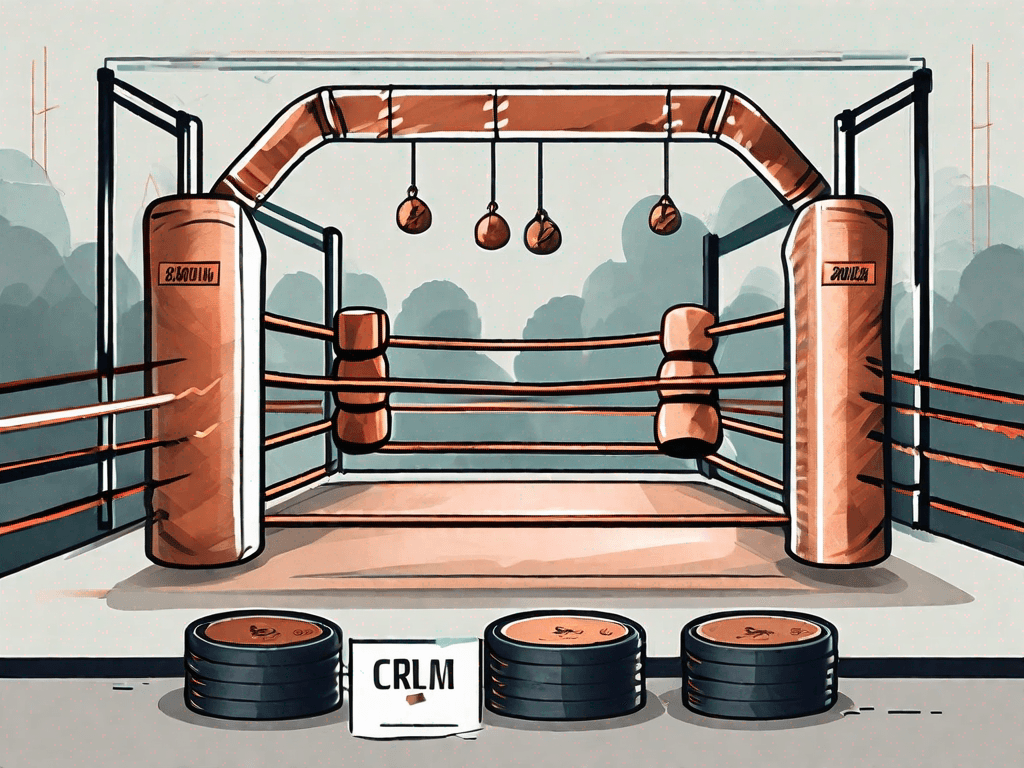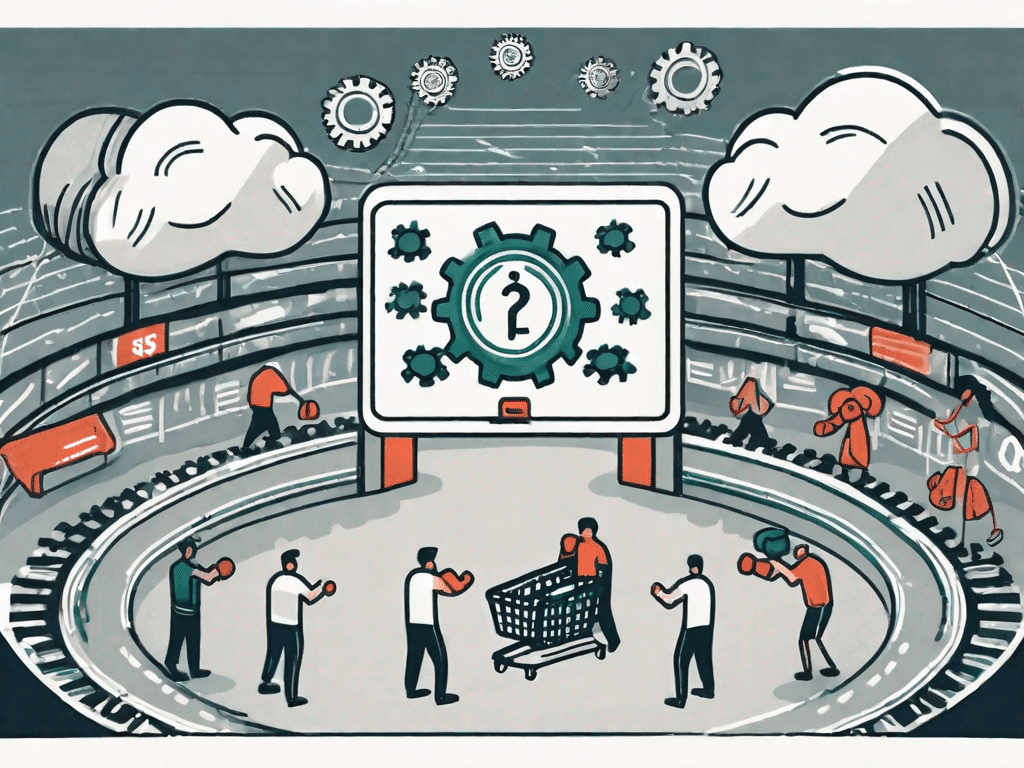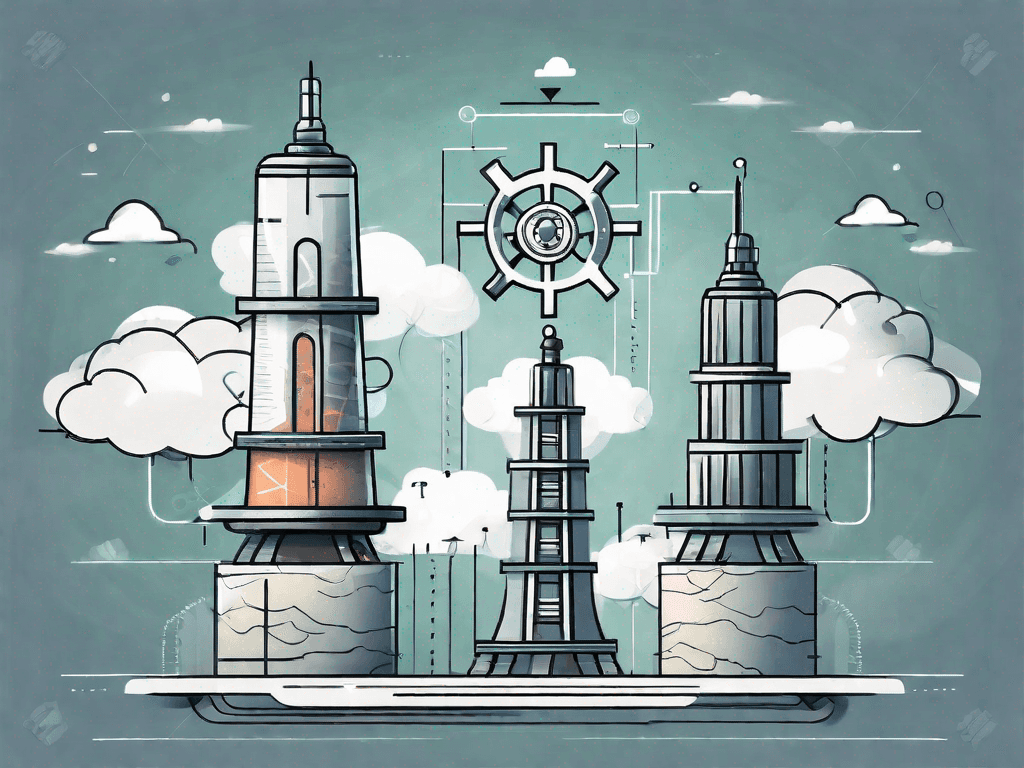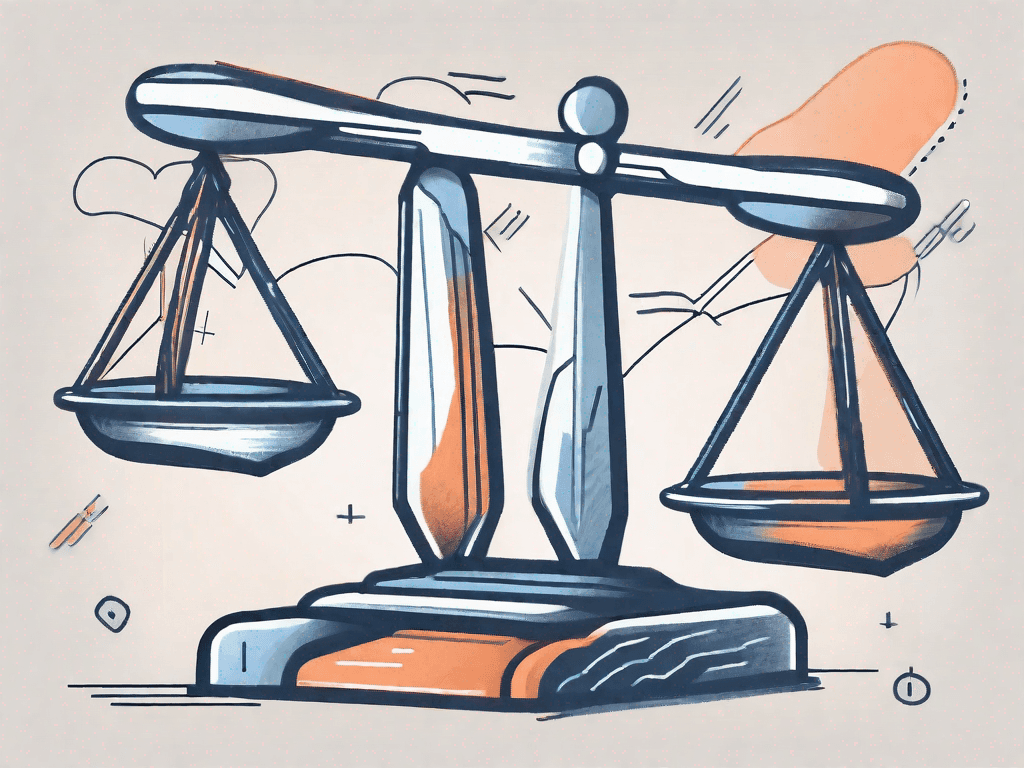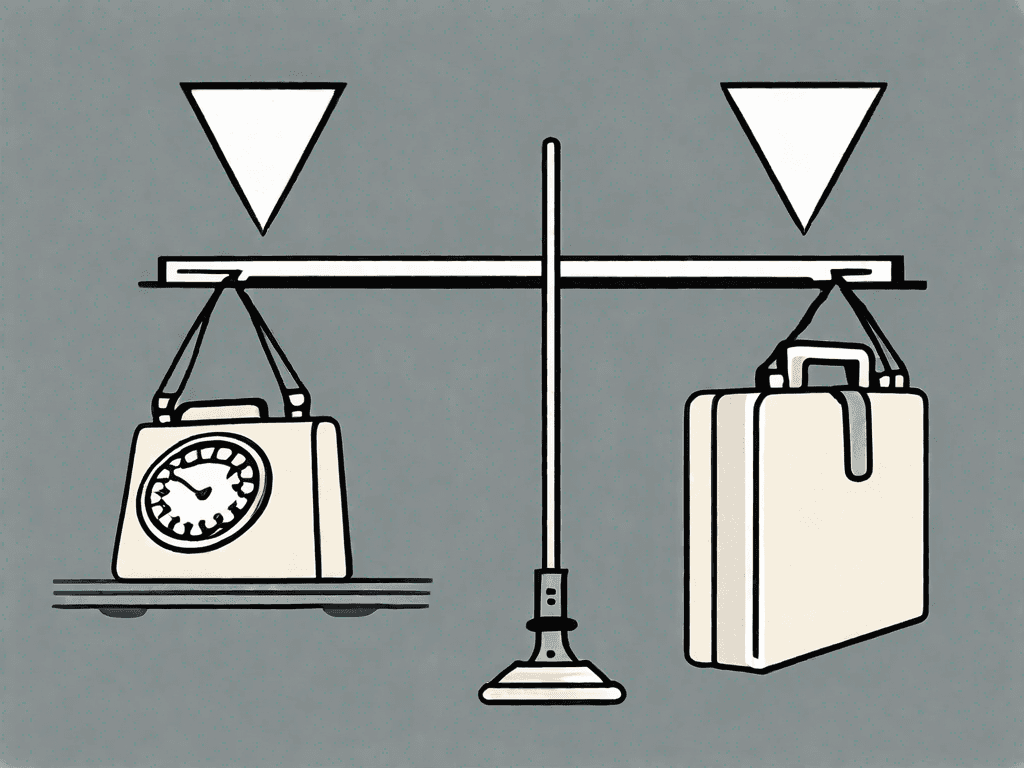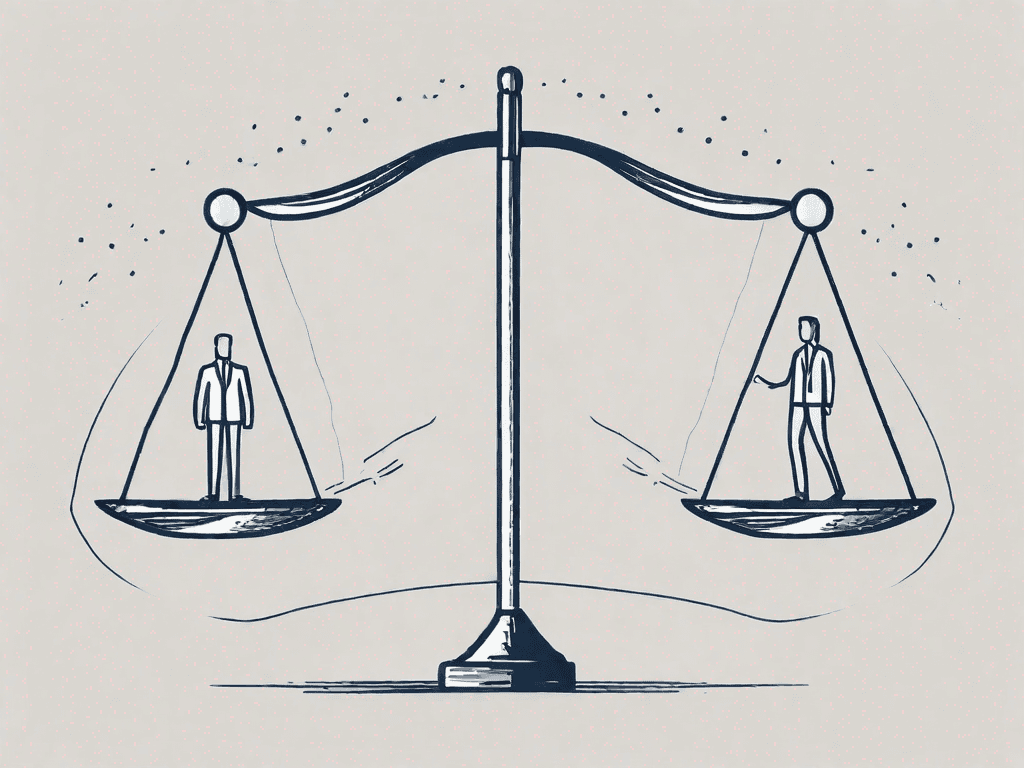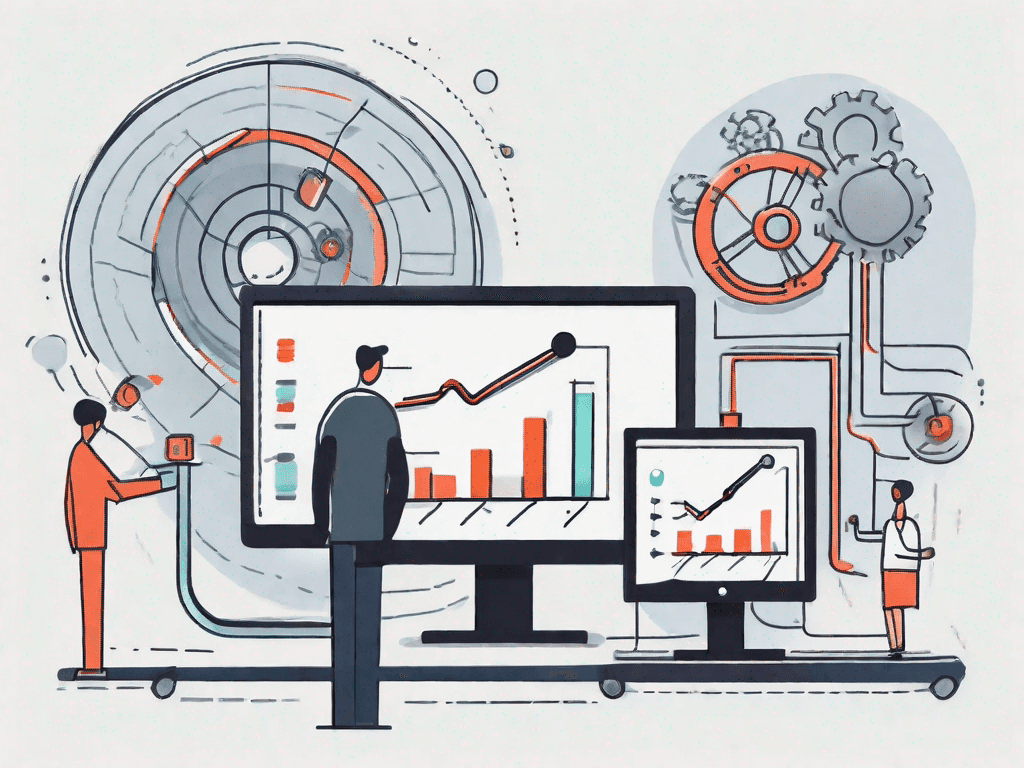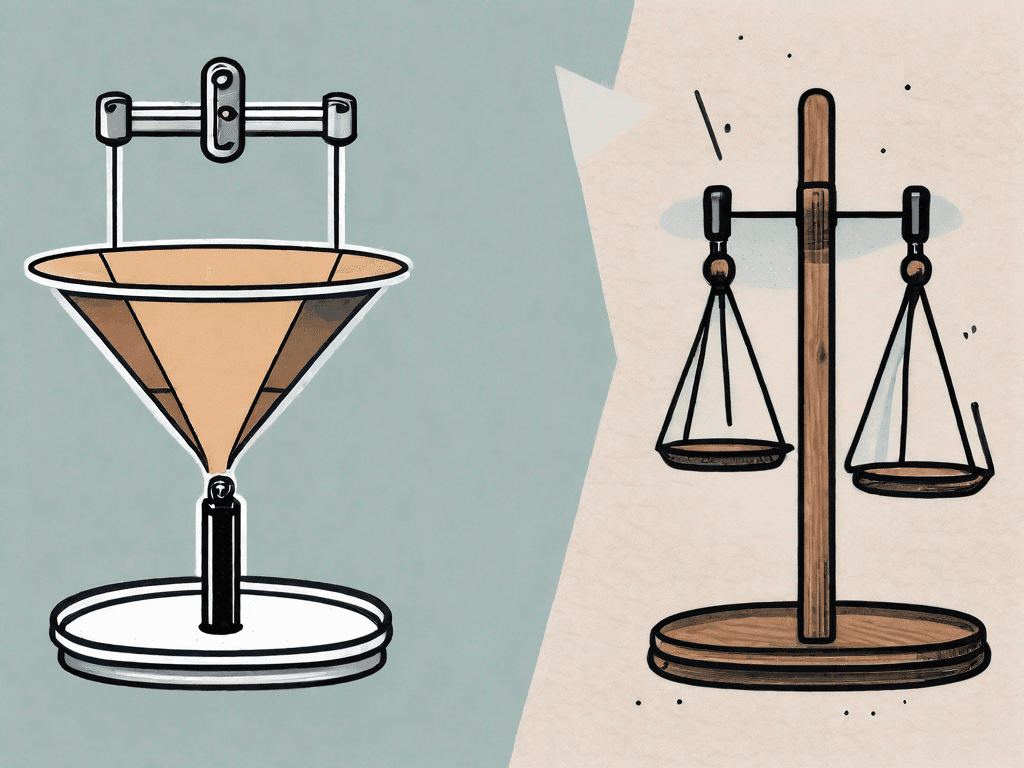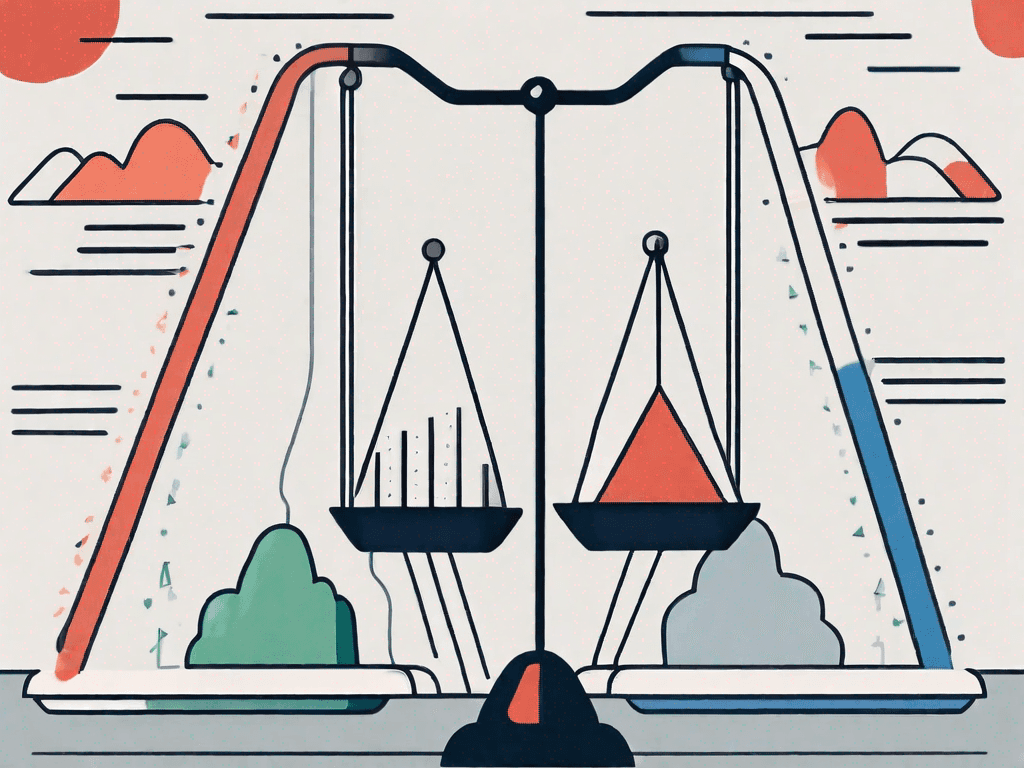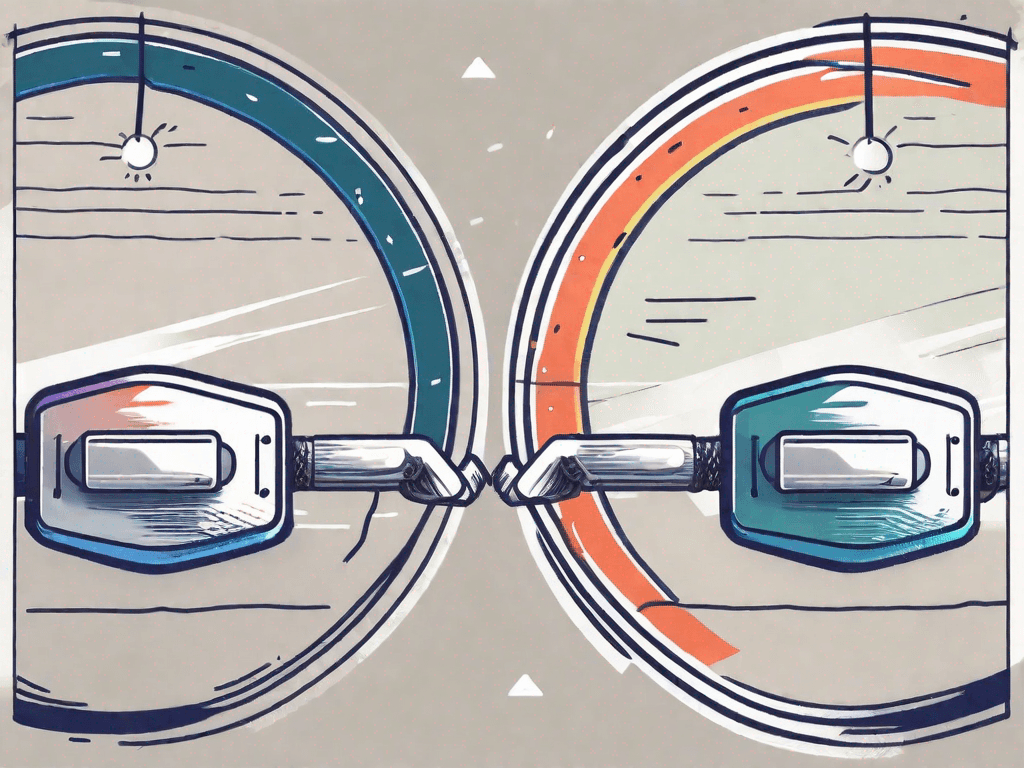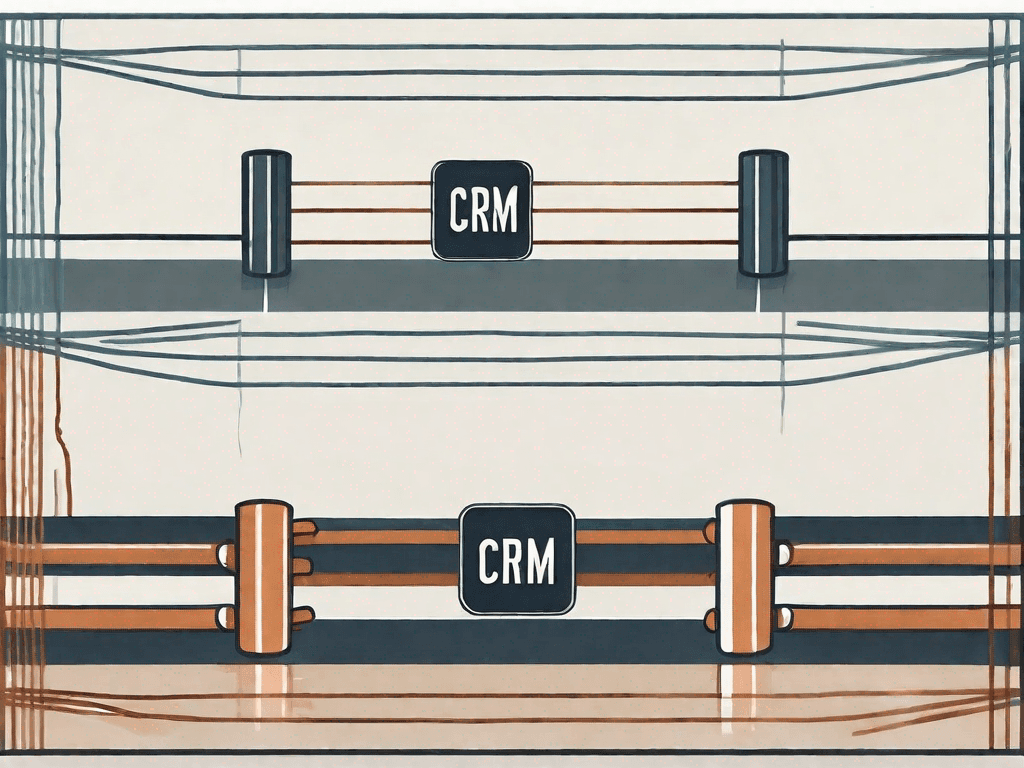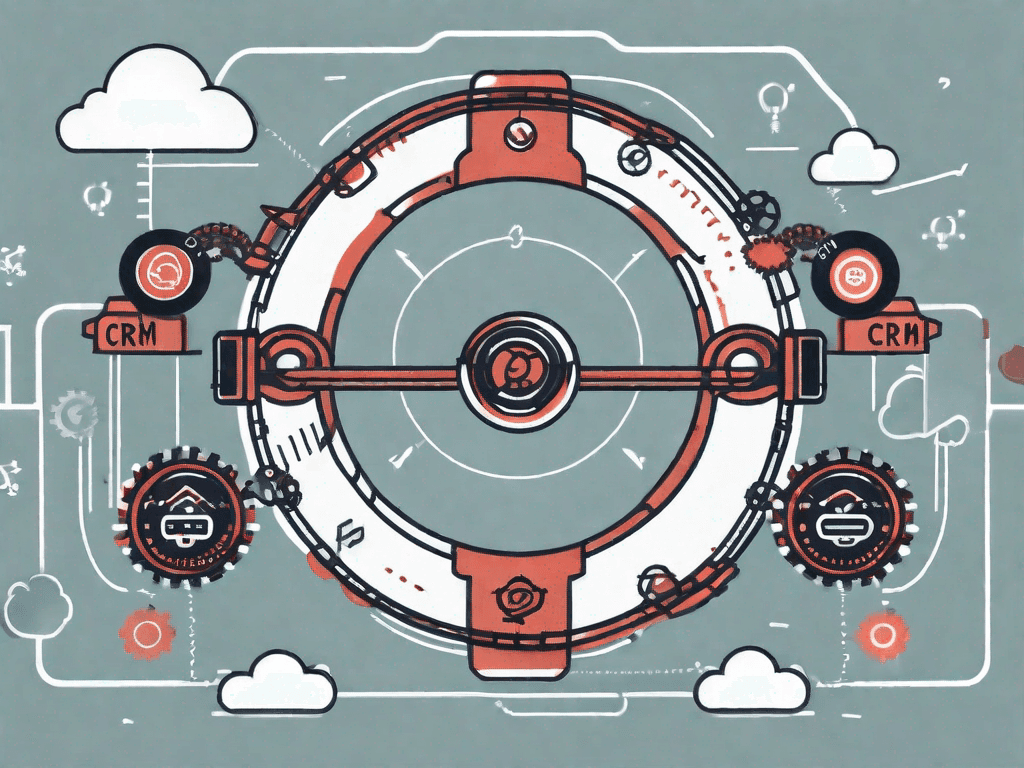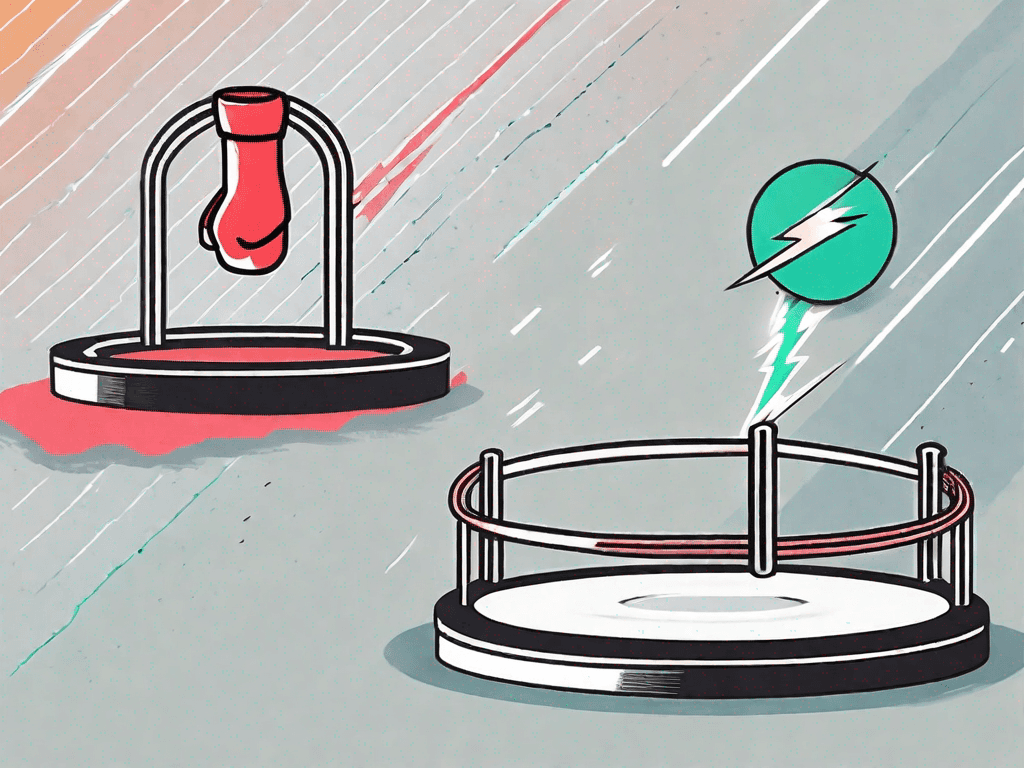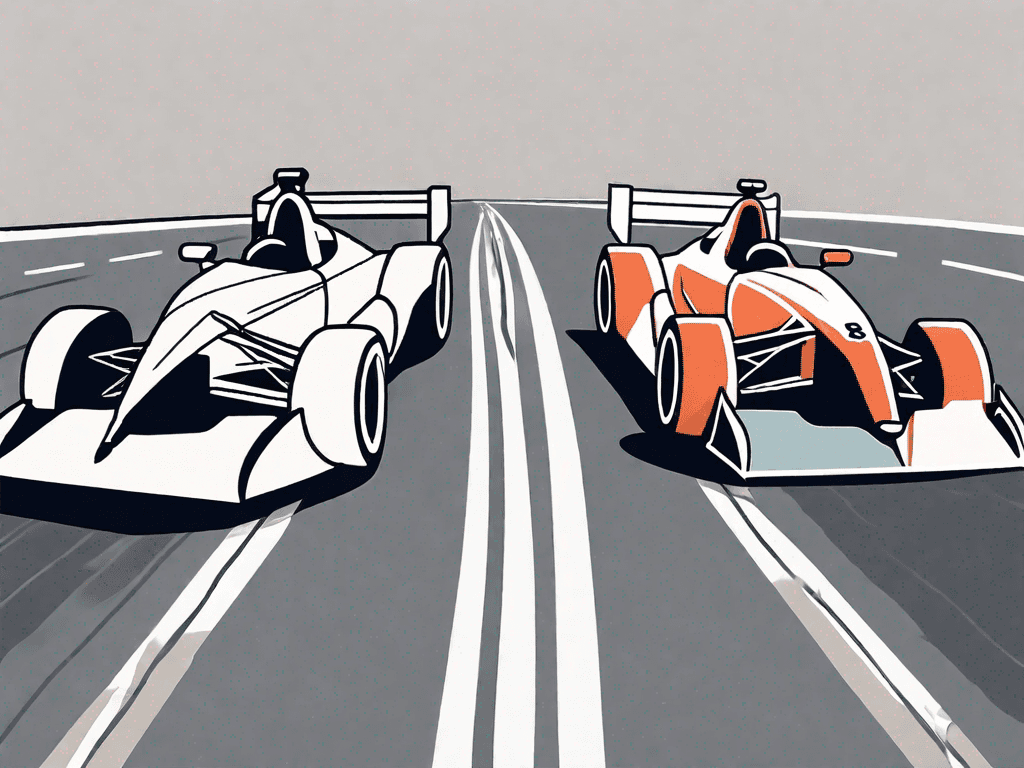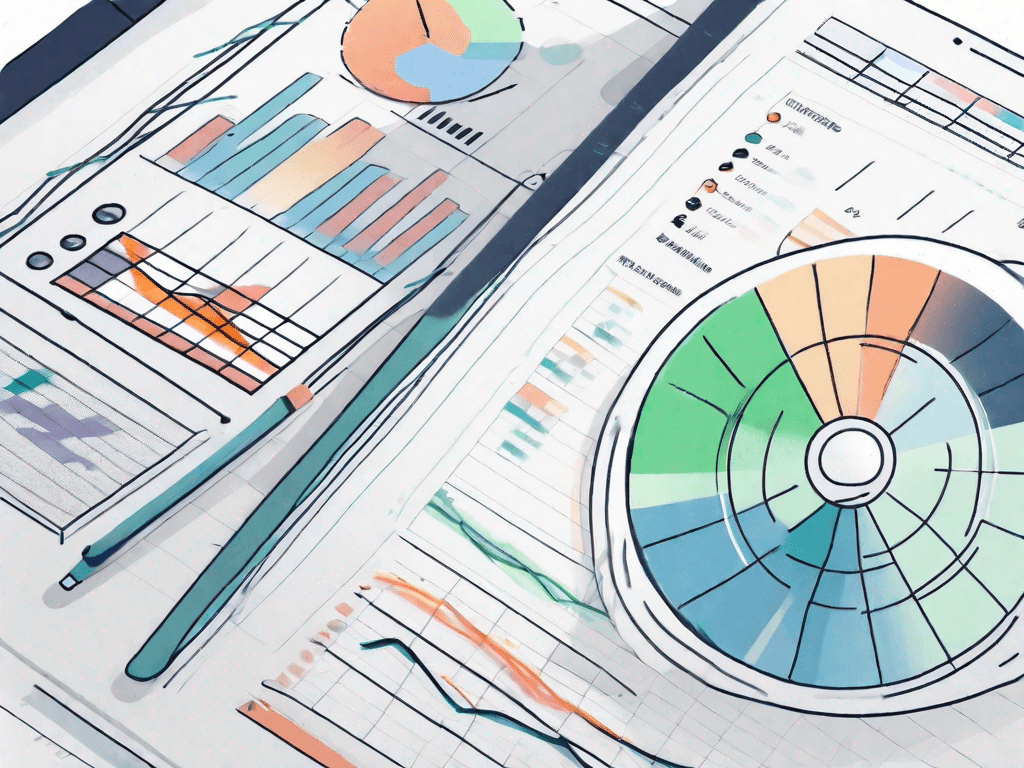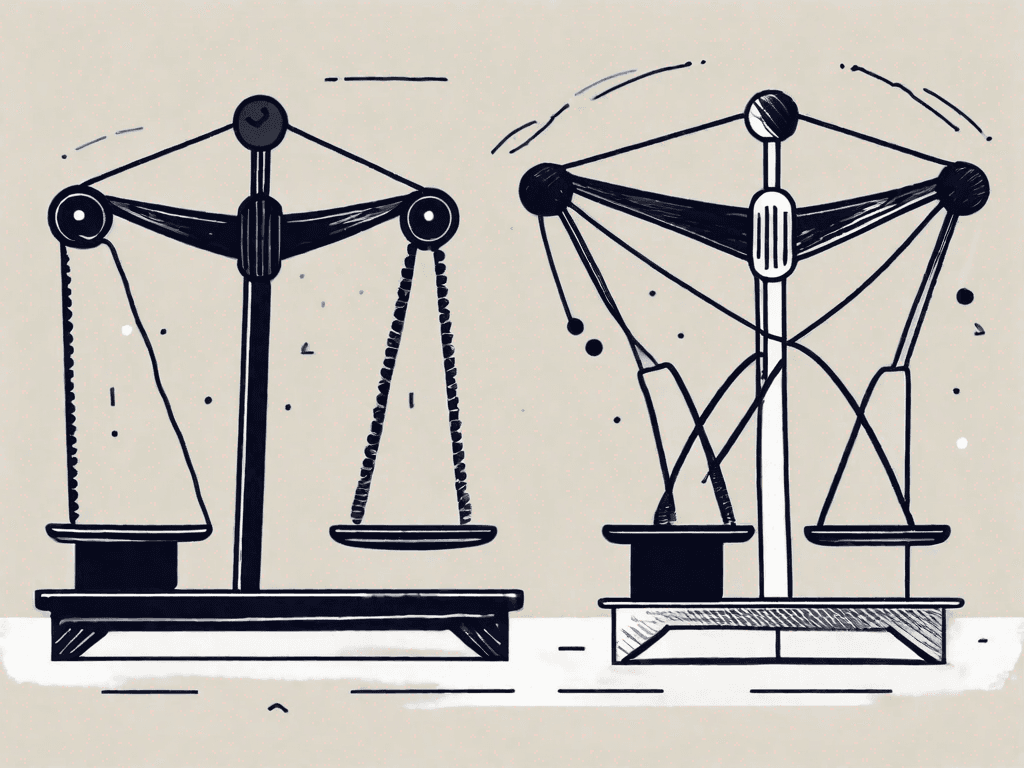
Salesforce vs Sugar CRM: Which CRM is the Best?
In the world of customer relationship management (CRM) software, two solutions stand out: Salesforce and Sugar CRM. Both platforms offer robust features and functionality to help businesses manage their customer relationships effectively. However, choosing between the two can be a daunting task. In this article, we will compare Salesforce and Sugar CRM across various aspects to determine which CRM is the best fit for your business
1. Pros and Cons of Salesforce and Sugar CRM
When it comes to choosing a customer relationship management (CRM) platform, businesses have a plethora of options to consider. Two popular choices are Salesforce and Sugar CRM. In this article, we will explore the pros and cons of each platform to help you make an informed decision.
1.1 Pros of Salesforce
One of the major advantages of Salesforce is its extensive range of features. The platform offers a wide array of tools for sales, marketing, and customer service, giving businesses a comprehensive solution to manage their customer interactions. With Salesforce, you can track leads, manage opportunities, and automate sales processes. It also provides powerful marketing automation capabilities, allowing you to create targeted campaigns and measure their effectiveness. Additionally, Salesforce has a user-friendly interface and provides excellent customization options. You can tailor the platform to suit your specific business needs, ensuring a seamless user experience for your team. Moreover, Salesforce has a robust ecosystem of third-party integrations, allowing you to connect with other business tools and streamline your workflows.
1.2 Cons of Salesforce
On the downside, Salesforce can be costly, especially for small and medium-sized businesses. The platform's pricing structure includes various editions and add-ons, which can quickly add up. While Salesforce provides exceptional flexibility, it can also be complex to set up and configure, requiring technical expertise. This can be a challenge for businesses with limited IT resources or non-technical staff. Additionally, as Salesforce is a cloud-based platform, it relies on internet connectivity. This means that if you experience internet outages or disruptions, your access to Salesforce may be affected.
1.3 Pros of Sugar CRM
Sugar CRM, on the other hand, offers a cost-effective solution without compromising on essential CRM functionalities. It provides a customizable and scalable platform that can adapt to your business needs. With Sugar CRM, you can manage your sales pipeline, track customer interactions, and analyze data to make informed business decisions. The platform also offers an intuitive user interface, making it easy for users to navigate and learn the system. This reduces the learning curve and allows your team to quickly get up to speed. Additionally, Sugar CRM has a strong focus on customer support and provides excellent customer service. Their support team is readily available to assist with any technical issues or questions you may have.
1.4 Cons of Sugar CRM
One of the drawbacks of Sugar CRM is its limited range of features compared to Salesforce. While it covers the core CRM functionalities, it may not offer the same depth and breadth as Salesforce. This could be a consideration if your business requires advanced features or industry-specific functionality. Sugar CRM also has a smaller ecosystem of third-party integrations, which could limit its compatibility with other tools your business may be using. However, Sugar CRM does offer a range of add-ons and extensions to extend its functionality, so it's worth exploring these options to see if they meet your specific requirements.
1.5 Key Differences between Salesforce and Sugar CRM
When comparing Salesforce and Sugar CRM, it's important to consider their key differences. Salesforce is known for its enterprise-level capabilities and extensive selection of add-ons and integrations. It caters to larger organizations with complex requirements. The platform offers advanced features such as artificial intelligence, predictive analytics, and advanced reporting. Salesforce also provides industry-specific solutions for sectors like healthcare, finance, and manufacturing. On the other hand, Sugar CRM focuses on a user-friendly experience and offers more flexibility in terms of pricing and customization. It is often preferred by small to medium-sized businesses seeking an affordable CRM option. Sugar CRM allows you to start with a basic plan and scale up as your business grows. It also offers a high degree of customization, allowing you to tailor the platform to your specific needs.
In conclusion, both Salesforce and Sugar CRM have their strengths and weaknesses. Salesforce offers a comprehensive set of features and advanced capabilities but comes with a higher price tag and complexity. Sugar CRM, on the other hand, provides a cost-effective solution with a user-friendly interface and flexibility. Ultimately, the choice between the two platforms depends on your business requirements, budget, and scalability needs.
2. How does Salesforce pricing compare to Sugar CRM?
2.1 Salesforce Pricing
Salesforce offers a range of pricing options, including different editions with varying features and capabilities. The pricing structure is tiered and can be complex to navigate. Small businesses may opt for the Salesforce Essentials plan, while larger enterprises might choose the Salesforce Enterprise or Unlimited editions. The cost of Salesforce can increase significantly when additional modules or user licenses are required.
2.2 Sugar CRM Pricing
Sugar CRM follows a subscription-based pricing model. It offers different editions, including Sugar Sell, Sugar Serve, and Sugar Market. The pricing is based on the number of users and the edition chosen. Sugar CRM provides transparent and affordable pricing, making it an attractive option for businesses on a budget.
2.3 Pricing Comparison
When comparing the pricing of Salesforce and Sugar CRM, it's essential to consider your business needs and budget. Salesforce may offer more advanced features, but it comes at a higher cost. Sugar CRM, on the other hand, provides a cost-effective solution with a focus on essential CRM functionalities. Small to medium-sized businesses looking for an affordable CRM option may find Sugar CRM to be more suitable.
3. How do Salesforce integrations compare to Sugar CRM?
3.1 Salesforce Integrations
Salesforce has a vast ecosystem of third-party integrations. It integrates seamlessly with popular tools and platforms like Microsoft 365, G Suite, and Slack. The platform also offers robust APIs, allowing businesses to build their custom integrations when needed. With Salesforce, you can create a unified ecosystem that connects different aspects of your business operations.
3.2 Sugar CRM Integrations
Sugar CRM also provides integrations with various tools and platforms, although its ecosystem is not as extensive as Salesforce. It offers integrations with tools like Outlook, Google Workspace, and Mailchimp. While the selection of integrations is not as vast, Sugar CRM ensures that the essential integrations are available to streamline your business processes.
4. Which one is the Best for You?
4.1 The Best for Salespeople
If your business relies heavily on sales, Salesforce might be the best option for you. Its comprehensive set of features, including lead management, opportunity tracking, and sales forecasting, make it ideal for sales teams. Salesforce also provides advanced reporting and analytics capabilities that can help salespeople make data-driven decisions.
4.2 The Best for Consultants
If you work as a consultant, Sugar CRM might be more suitable for your needs. Its customizable nature allows you to adapt the CRM to fit your specific consulting processes. Sugar CRM also offers features like project management, time tracking software, and collaboration tools, which can be beneficial for consultants managing client engagements.
4.3 The Best for Digital Marketing Agencies
For digital marketing agencies, Salesforce can be a powerful tool. It offers robust marketing automation features, enabling agencies to streamline their marketing efforts and nurture leads effectively. Salesforce also provides advanced analytics and reporting capabilities to track marketing campaign performance and measure ROI.
In conclusion, both Salesforce and Sugar CRM offer unique advantages and cater to different business needs. Salesforce is known for its extensive features, enterprise-level capabilities, and wide range of integrations. Sugar CRM, on the other hand, provides an affordable and customizable solution suitable for small to medium-sized businesses. Consider your business requirements, budget, and specific industry focus when deciding which CRM is the best fit for your organization's needs.











![The 8 Best Social CRM Software in 2025 [Comparison]](https://framerusercontent.com/images/RYHyYapdgIi83BEWtMdX418.png)
![The 6 Best LinkedIn CRM in 2025 [Comparison]](https://framerusercontent.com/images/Luywfni7ZKjb19yghbhNPy4I4qQ.png)



![The 5 Best Twitter CRM [Comparison]](https://framerusercontent.com/images/EWcbvYnVZglJLO8jp3OlHkTvsHo.png)
































































































































































